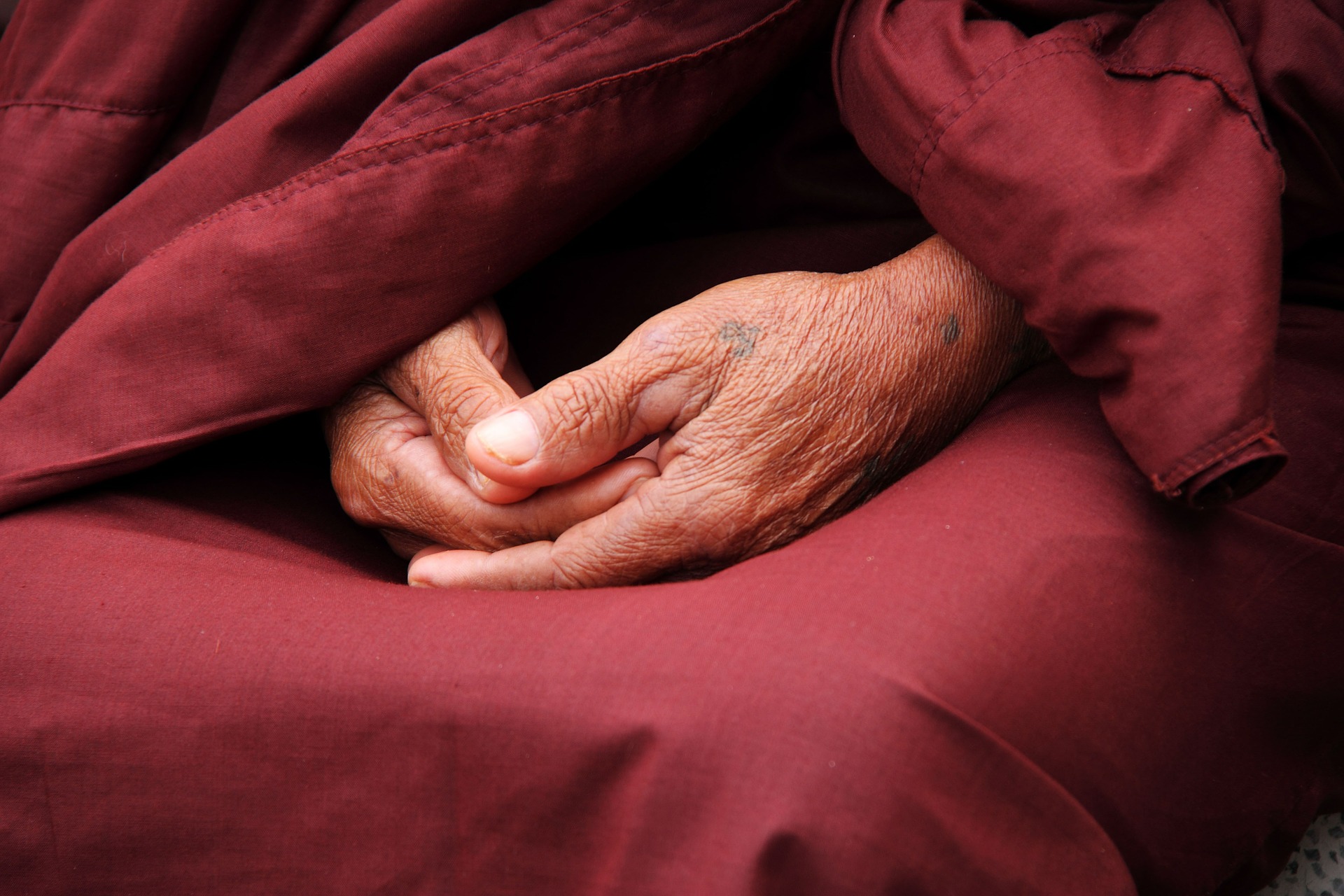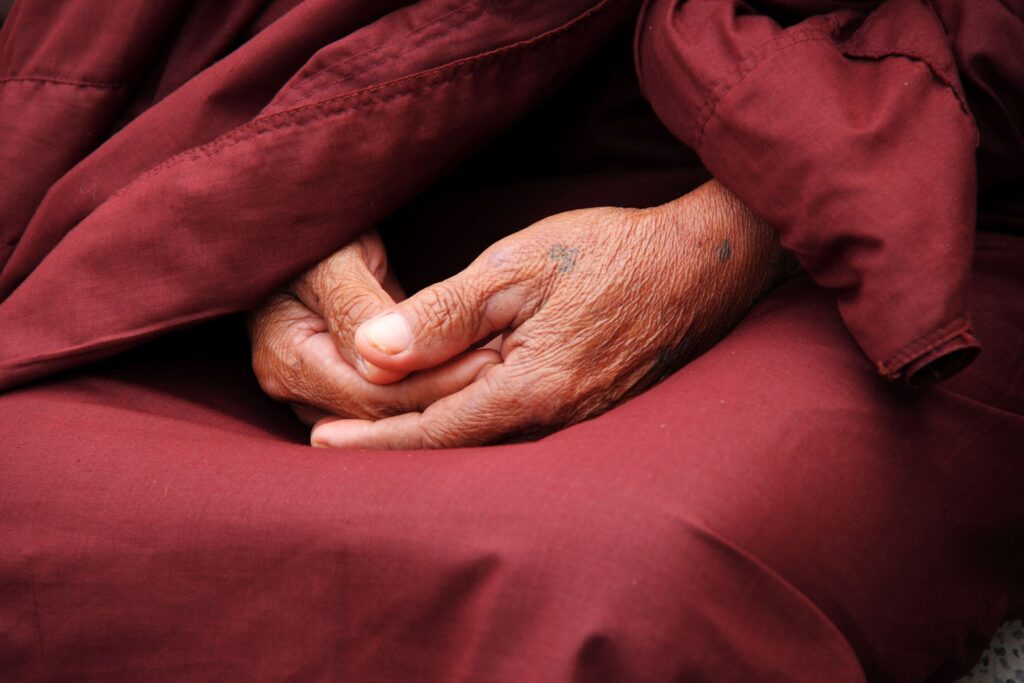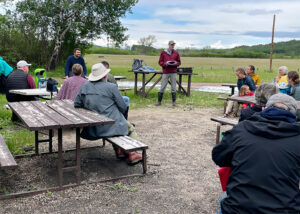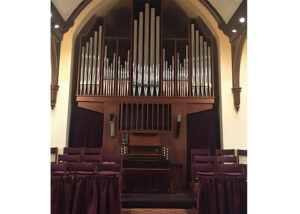I was recently invited with a handful of other clergypersons to lunch at a local seniors home. Between the main course and dessert, the conversation turned, predictably, to the decline of the church.
There was talk of the good old days when churches were full, the culture was Christian and people dressed up on Sundays. There were half-hearted diagnoses of the problem and the odd limp solution offered. There was a recognition that the structures we’ve inherited aren’t working anymore. There was longing and lament, however guardedly it was expressed. Who wants to ruin a nice lunch, after all?
There was an older Buddhist priest there, too, and I made sure to sit beside him. My wife is Japanese, and I’ve had the opportunity to get to know him at various family and church events over the years. He calls me his “Bible teacher,” and I call him Sensei (teacher). I had observed him listening politely to all of this nostalgic memorializing of “our Christian past.” Near the end of our lunch, Sensei leaned over to me and asked me why I thought that the Christian church was having such trouble in this culture.
I gestured toward the usual suspects—postmodernism, consumerism, individualism, pluralism. But then I had the good sense to stop talking and ask him what he thought. “What about you? Do you see similar trends in your context?” I asked. He smiled. “Oh yes,” he said. “Not many people come on Sundays. We have people who attend cultural events at the temple and who are interested in Japanese celebrations and rituals. But not many are interested in the Buddhist teachings. Mostly the older people.”
His concerns were identical to what I hear in church circles. What will happen when the carriers of this tradition and culture die? Who will pick up the baton? Will anything survive beyond cultural curiosity and selective practice?
We sat together with this for a bit. I looked out into the dining area where the seniors were finishing their lunch. I thought about what some of them had seen over their many decades, what many of them had suffered. Some had seen war, some had known poverty, some had endured backbreaking labour that I struggle to imagine.
I turned to Sensei and said, “Perhaps we will have to suffer for our communities to grow and thrive again.” He smiled. “I think so,” he said. “The Japanese community was strongest here when we first arrived in southern Alberta during the war. We needed each other to survive. We were a community with a shared purpose.”
I nodded along as I thought about the history of my own Mennonite community and about the church around the world. There certainly does seem to be a correlation between suffering and the strength of the church, both historically and in the present. There is an existential urgency that suffering often produces, that easily withers and dies in contexts of comfort. It’s not a lesson that I particularly want to learn, but I wonder if it might be necessary.
Ryan Dueck serves as pastor of Lethbridge (Alta.) Mennonite Church. This article appears in the May 27, 2019 print issue, with the headline “Who will pick up the baton?”
Read more From Our Leaders columns:
Walking together
Experiencing God’s love affair with the world
Whose are we?
Interdependence
Welcome to Gathering 2019









Leave a Reply
You must be logged in to post a comment.